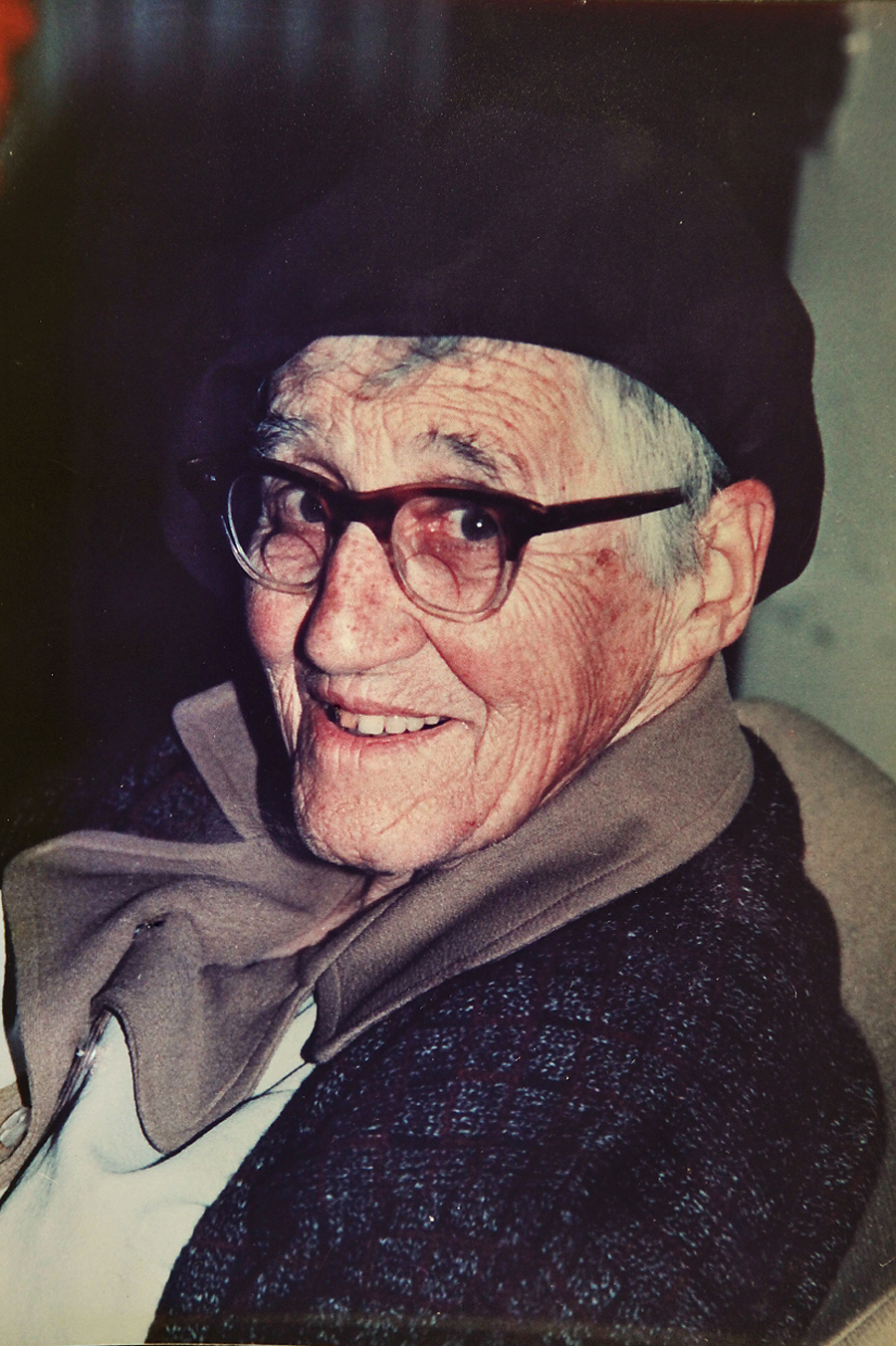…and a CONVERSATION with NECHAMA LEIBOWITZ
Fifty-nine years ago, for my Bar Mitzva, I chanted the Torah portion called “Va’era” (“And I appeared…,” Exodus 6:2-9:35) that we read this past Shabbat (1.1.22). It begins with a prelude to the 10 plagues. For the second time, Moses tries to convince God that he isn’t fit for the formidable task He is asking Moses to fulfill, as he is a “man of impeded speech” (Ex. 6:13). Previously Moses had pleaded, “Please, O Lord, I have never been a man of words, either in times past or now that You have spoken to Your servant; I am slow of speech and slow of tongue.” (Ex. 4:10).
Initially, Aaron served as the mouthpiece for his brother Moses; however, for the next 40+ years, as recorded in the Pentateuch, Moses talks ALL THE TIME! He speaks directly with God, with the Children of Israel, with his father-in-law, and so on. The book of Deuteronomy is almost completely a monologue spoken by Moses. What happened to the aforementioned speech defect?
There are some traditional responses to this question, but I tend to think that Moses was simply overwhelmed by the awesome responsibility of speaking to Pharaoh and doing whatever necessary to free his people. Perhaps he suffered from an emotionally-triggered impediment, or, in two words: STAGE FRIGHT.
I’m not a psychologist, but I have done enough guiding, teaching and singing, etc., to know that nervousness prior to performing can bring on psychosomatic reactions. Many veteran actors relate that even after decades of performing they still experience stage fright, which can sometimes be debilitating. However, in most cases, once they begin to speak (or act or sing…) the nervousness fades, or at least becomes less inhibiting.
Perhaps the same was true of Moses. While he and Aaron worked as a team, within a couple of chapters we “hear” Moses speaking directly to Pharaoh. At some point his impediment either disappeared, or was no longer paralyzing. In any case, he learned to deal with his disability.

All of this brings to mind a phone conversation I had with the inimitable Prof. Nechama Leibowitz, ztz”l (may the memory of the righteous be for a blessing), who was both a leading expert in traditional Jewish commentators of the Tanakh /Hebrew Bible, and a master teacher of teachers. She taught thousands (perhaps tens-of-thousands) of teachers and carried on correspondence learning – through the snail-mail! – with hundreds of students of all ages. (See https://en.wikipedia.org/wiki/Nechama_Leibowitz)
Back in the mid-1980s, while working for the Hebrew University’s Melton Centre, I had the privilege of studying with Nechama (as everyone called her), at her tiny apartment in Jerusalem, every Tuesday evening, along with a group of senior teachers from abroad who were studying for the year at the Melton Centre.
One Tuesday morning I called Nechama to confirm with her about a lecture that she was to give the following summer. After clarifying what we needed to discuss, I asked her if I could come to her place a half-hour before the evening’s class to finalize plans for that lecture. This is how the conversation unfolded:
Nechama: I would be happy to meet with you, but only after the class, not before.
Joe: But, Nechama, after the class it’s late, you need to go to sleep (N.B. She was already over 80 at the time).
Nechama: No worries, I stay up late anyway. But before the class, I couldn’t possibly meet with you.
Joe (puzzled): Why not, if you don’t mind my asking?
Nechama: Because before the class I get nervous.
Joe: You get nervous?! You, Nechama?! How many years have you been teaching?
Nechama: I’ve been teaching for over 60 years and I get excited before every class. And OY VaVOY (woe be it) to any teacher who doesn’t get nervous before he or she walks into the classroom!
—–
Of all the wonderfully wise lessons I’ve learned from Nechama – whether from her books, her class or her many anecdotes that she would tell on the way – for me this was the greatest lesson of all.
I’ve told this story to many cohorts of tour guides and counselors that I’ve trained. I’ve emphasized that the pit-in-the-stomach, or cold-sweats, or just plain nervousness that we feel before public speaking, or meeting a new group, is natural and healthy. It keeps us alert and humble and reminds us that – like Moses – we are only human.
(Photo Credit: David S. Levin, from: https://jewishaction.com/cover-story/the-first-and-last-time-i-saw-nechama/)